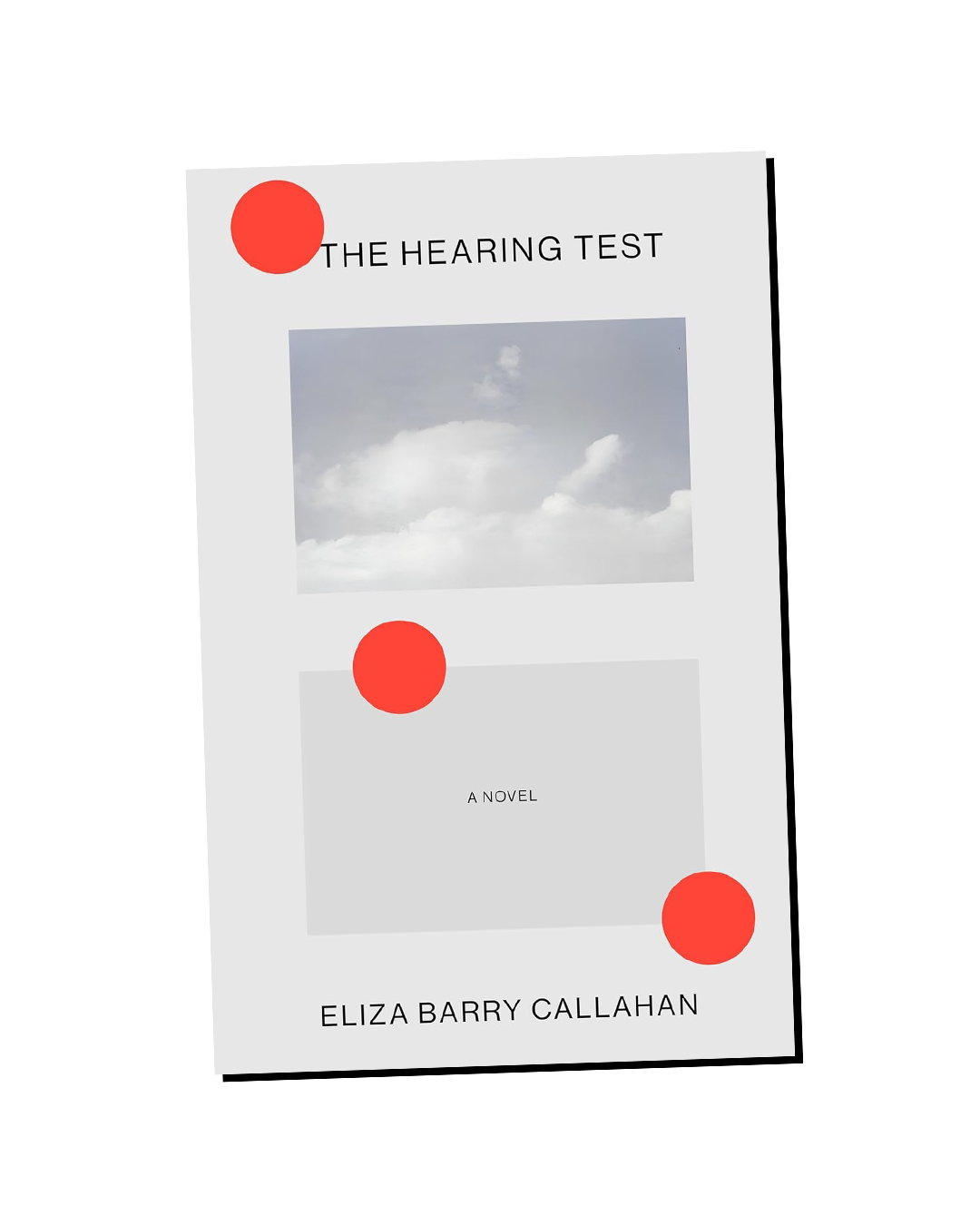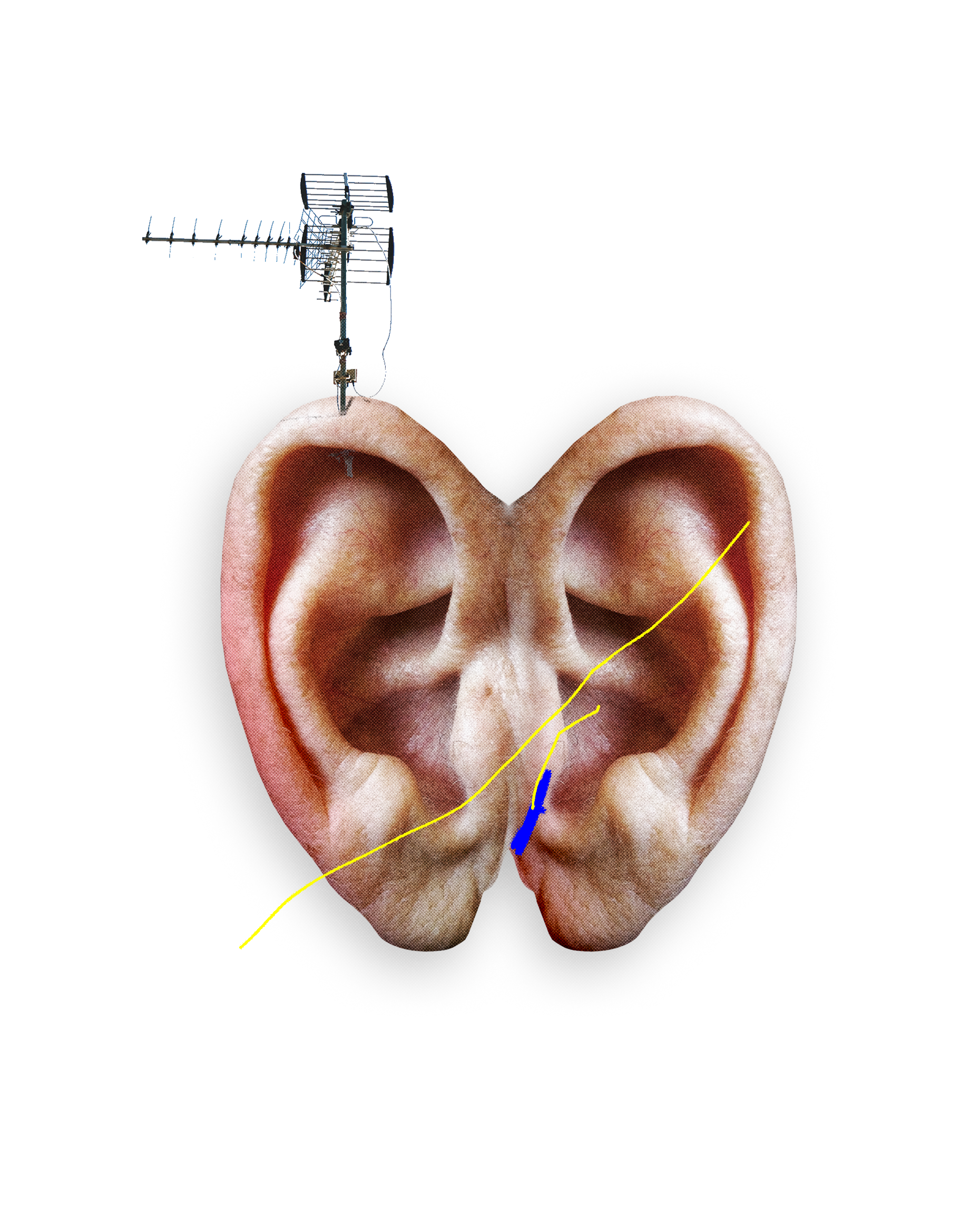Writing
Reviews
In her classroom, she would tell her students, “I’m not just going to teach you chemistry. I’m going to teach you life. Because you’re going to need that.”
For those of us who want the art of opera to persist materially—not just metaphysically—it is easier to imagine the end of opera, or art in general, than the end of capitalism.
What illness and pain cast into relief is that our minds will always be lost in translation—and will always remain in a liminal space—somewhere between our embodiment and the outer world.
It’s easy to imagine, though, that many of these stories exist in the same universe—dilapidated and hyper-developed, inhabited by emotionally fragile and lonely characters desperate for some type of human connection. Like many stories that are sci-fi by nature, it presents fictitious realities that are just believable enough to be scary.
What happens during waking hours, on the other hand, is not a lie. But subjective experience is as unprovable as a dream – particularly for those whose reality is centered around their own body, and how it differs from the norm.
Ruby’s style of argument—choppy, playful, sometimes sonically enticing—invites us to look, not just at “poetry” as a concept, but at the poem we happen to read, whose sounds we likely imagine in our heads as we move to the end of each line, along with the person who might have composed it.
Each appearance of gender, which is to say each appearance in our lives of those fuzzy unconscious signals, breaks up and splits into multiple messages.
The poems in Grand Tour are marked by restlessness: their speakers seem uncomfortable, even trapped, within their lyric moments.
Chekhov’s gun isn’t always firing; sometimes it’s just the small, insignificant moments that happen in the meantime, described with clarity and grace, pinpricks of tenderness, the levity of a vignette that passes, that means nothing, that means everything, that exists.
The result is a remarkable work of synthesis, overlay, and double exposure, in which past and present, child and adult, literary figure and family member illuminate each other.
Essays
The genius would be like—do you know the two
ways to eat a beer glass? Like that was a situation
we were often in. He’d learned it from Jasper Gallon.
Kojeve’s theory of desire, based on Hegel’s lord-bondsman dialectic and a huge influence on the thinking of one Jacques Lacan, was that desire isn’t simply about desiring an object, but rather about desiring to be desired, and desiring the object that desires you, in what could potentially become a house of mirrors of recognition and mis-recognition
“Bless us, o Lord,” went the reverential drawl, “and watch over our riders and our livestock. And Lord, protect the brave men and women serving in our armed forces and our first responders. And Lord, we pray that you will guide our elected officials as they seek to lead this country through difficult times.”
Maybe all I want from a movie—what any of us wants—is not only something to talk about, but something to talk to.
Compared to Stoker’s belief in the positive influence of the Enlightenment and traditional Christian faith, Eggers’s narrative is a darker meditation on modernity’s spiritual blindness.
Without a premature claim to any kind of sagacity—that is, with all due humility, I begin to understand the epigraph to J. Salter’s final novel.
As a reader, it’s flattering to be let in: to understand that the writer is playing with expectations, starving you a bit of plot, feeding you a ton of side dishes instead of a meat and potatoes dinner.
Falling out of love, with an object as much as with a person, is a rupture between the past and present selves.
Frazier wants to slow these moments of change down, hold them fast, and provide them with the level of reflection given to art in prestigious spaces like MoMA’s galleries. The exhibit opens with her instruction that we understand her works as “monuments for workers’ thoughts.”
In rendering Natalie Portman's character, and her pleasure, so obviously deformed, the film makes her into a particularly monstrous figurehead for an ever wider cultural impulse to psychologize every aberrance, to assign exacting, demystifying vocabulary to all the ways in which a person can be hurt.
Interviews
Because even if you're speaking about ghosts, you're always speaking about yourself—about your neighbors and about your own history.
Lange presents a beautiful and moving depiction of Laughner as a tragic poet amidst the end of the industrial empire of which Cleveland and Northeast Ohio were a microcosm.
I think I'm really interested in things that iterate and shift depending on context, depending on vantage, depending on perspective, depending on relation. So maybe that's what some of that is.
This never really happens, but I wanted it to be a book that anybody could read, more or less, because I got so many ideas for stories from people I worked with—when I worked on farms or in light construction, or growing up working at a pizza place. I always write and read in the morning, and when I worked on the farms or in construction, I would try to do a little bit before work since I knew the day was going to be tiring.
What had stirred Miéville’s return to fiction after more than a decade? What would this collaboration look like? Did this make Reeves a comrade?
In Death Glitch: How Techno-Solutionism Fails Us in This Life and Beyond, technology scholar Tamara Kneese, director of Data & Society’s Algorithmic Impact Methods Lab and former green software researcher at Intel, explores the precarity of our data and digital selves.
The voice sometimes shifts drastically between essays, which is an intentional choice—me playing around with this idea of “code-switching,” and also this postmodern aesthetic of schizophrenia, where I don’t just write from a singular voice, but multiple.
I’m interested in men who are struggling to communicate what they feel because they have no language for how they feel.
Because this issue has been overlooked from a political and cultural and intellectual standpoint, partially because of its association with girls, I wanted to give it a really serious treatment.
The new view of intelligence work is all about creating information, spreading and disrupting narratives. It’s no longer about keeping accurate records or models of the world; it’s about creating a world.
Excerpts
We could be many things – I could give it up,
I could tell you exactly what to do.
So the broccoli on my plate are elms, the mashed potatoes a castle, and the brown sauce is the moat’s muddy water. The sauce’s beans are crocodiles to scare off your enemies. In the castle there’s a radish that rules the kingdom, and a tower where a small marinated carrot I adore is being held captive.
Progress. It’s supposed to be good
for you, for you, and only you.
I liked the emergency room doctor who said, “This isn’t an emergency. You could’ve waited another hour.” Then stabbed a thing into my lung.
The student loan bubble? Tensions with China? The hollowing of rural America? The collapse of the reasonable center? Medical debt, race relations? My God, the climate crisis, and on top of all that the looming threat of another four years, which, all liberal hysteria aside, our enemies in the Kremlin were probably planning right this moment? It added up, and it added up, and it added up until one actually could not believe how much it was adding up.
I want to start by saying that in the fifties and sixties Jews and Blacks moved into Shaker Heights.
I want to start by saying that the press said they were welcomed.
I want to start by saying they were not welcomed.
Smoke. Morphine induced reflective flashback. Restricted area. Observe > feel > transcribe > reflect > repeat. Hospital bed. Breaking news. Large blast. Conspiracies. Message boards. Static. Dread. Cybrids. Phantom limb.
like the scholarly work
I’d neglected
before the accident
with its long digressions
on the epistemology
of hero worship.
I didn’t remember ever actually introducing myself to Lizzie, didn’t remember telling the barmaid about my tenuous tenure in what passed in X for an art world, though I must have, at some point, because there she always was, hovering stern and sudden above, everything she wasn’t asking me aloud blaring through her glare.
I imitated a cormorant’s wings with my elbows, flocking with the birds, then I turned to walk home alone.








































